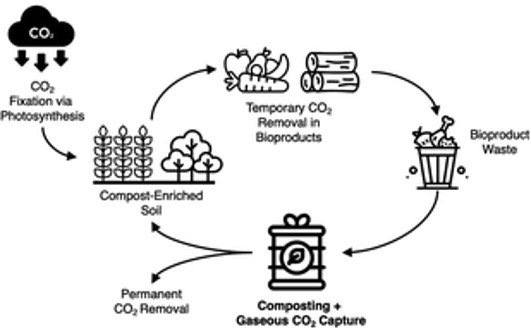Initial Phase 1-3 days
Microorganisms begin to decompose organic waste.
The temperature rises rapidly.
High Decomposition Phase
10-100 days
Complex components are broken down.
The temperature exceeds 40°C and harmful microorganisms are destroyed.
Stabilization Phase
10-100 days
Decomposition slows down, the temperature begins to drop.
Organic compounds are transformed into simpler forms.
Maturation Phase
1-6 months
The stable compost is ready for use as a nutrient-rich soil conditioner in agriculture and horticulture.
